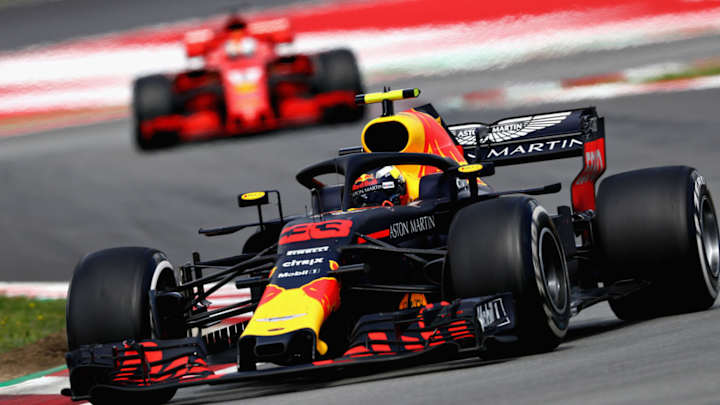Honda Reveals the Severe Compromise That Hindered Red Bull's F1 Engine

Honda has revealed that a change to the 2022 Formula 1 power unit regulations had a significant impact on their engine reliability during the season.
At the opening round of the season in Bahrain, Max Verstappen and Sergio Perez both failed to finish the race due to a fuel pump issue that arose because of the new E10 fuel mixture introduced at the start of the year.
Although this was not directly related to the Honda engine, the switch to E10 fuels meant that all power unit manufacturers on the grid had to prioritise performance over reliability to compensate for the loss of performance caused by the previous fuel mixture.

According to Tetsushi Kakuda, Honda's chief engineer and F1 project leader, this change resulted in the emergence of "several problems" throughout the 2022 season. This indicates that the change in regulations had a significant impact on the reliability of Honda's engines. Kakuda explained to the media:
"We made every effort to recover the performance loss due to the E10 fuel introduced by the regulation change.
"As a result, the internal load to the engine increased significantly compared to the previous year and the reliability was severely compromised."Several problems surfaced during the 2022 season and we have been working to address those problems for this season."
Despite not being as reliable as Mercedes throughout the 2022 season, Honda's engines were still instrumental in enabling Max Verstappen to reach his full potential and successfully defend his World Championship title with Red Bull.
However, Kakuda emphasised that there were still several areas of concern regarding engine reliability that they need to address ahead of the 2023 season. By improving the reliability of their power units, Honda can offer better strategic options and flexibility to Red Bull for the upcoming season.

"Improving the reliability is not going to help improve the PU itself, and also by regulation there's only a certain type of development we can do with a power improvement.
"If reliability can be improved, this is going to help with giving more options from a strategic perspective and how you can use the power units.
"So that is why we're going to be working in collaboration with the team to adopt the best strategy for the PU."
Kakuda continued:
"In addition to improving reliability, we've deepened our understanding of our PU to further optimise the control and energy management," explained Kakuda.
"We have also matured ourselves in the electrification technologies, where we had a clear advantage last year, especially the MGU-K deployment.
"We have continued to work with our suppliers to improve improve the precision of parts in terms of manufacturing, quality inspection, governance, as well as the precision power unit assembly.
"HRC Sakura has been making an all-out effort for this coming seasons, so we believe we are fully prepared for the pre-season tests starting this week."
